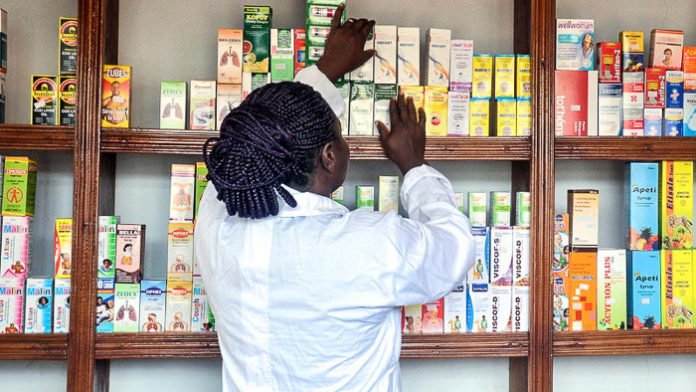
Speaking in Benin at the 2022 Summit of ACPN, Edo State chapter, with the theme: “The Indispensable Role of Community Pharmacy in Health Insurance Towards Attaining Universal Health Coverage”, Chairman, Edo State ACPN, Duke Otite, noted that as laudable as the EDOHIS interventionist programme is, its implementation is not all-inclusive.
He said, “In government accredited hospitals, the NHIS guidelines for obtaining healthcare from the scheme is adhered to as the government provides the professionals, including pharmacists, who provide care.
“This cannot be said of the private accredited hospitals/clinics where a majority of them do not have registered pharmacists in their establishment and also do not have pharmacy units registered or licensed by the Pharmacist Council of Nigeria thereby constituting a contravention of the NHIS Act and guidelines.”
He added that the aberration could be checked by the accreditation of qualified community pharmacists into EDOHIS or partnering with community pharmacies.
Otite warned that the current and continuous exclusion of community pharmacies from the scheme is a serious concern as drugs/medicines are being dispensed without the signature and authority of a registered pharmacist as entrenched in the NHIS Act/guideline”.
In his opening remarks, the chairman of the occasion, Olumide Akintayo, a former President of the PSN, also lamented that the “NHIS that rose to 10 per cent during the Olusegun Obasanjo administration, dropped to 1.7 per cent in 2017, whereas Rwanda has a coverage of 90 per cent.”
While commending Edo State ACPN for organising the summit, Akintayo said that the main aim of community pharmacy “is to align with the National Health Insurance Scheme, NHIS, to bring health care to the generality of the people”, adding that so far, the scheme had appropriated about N1.5 trillion on drugs.









